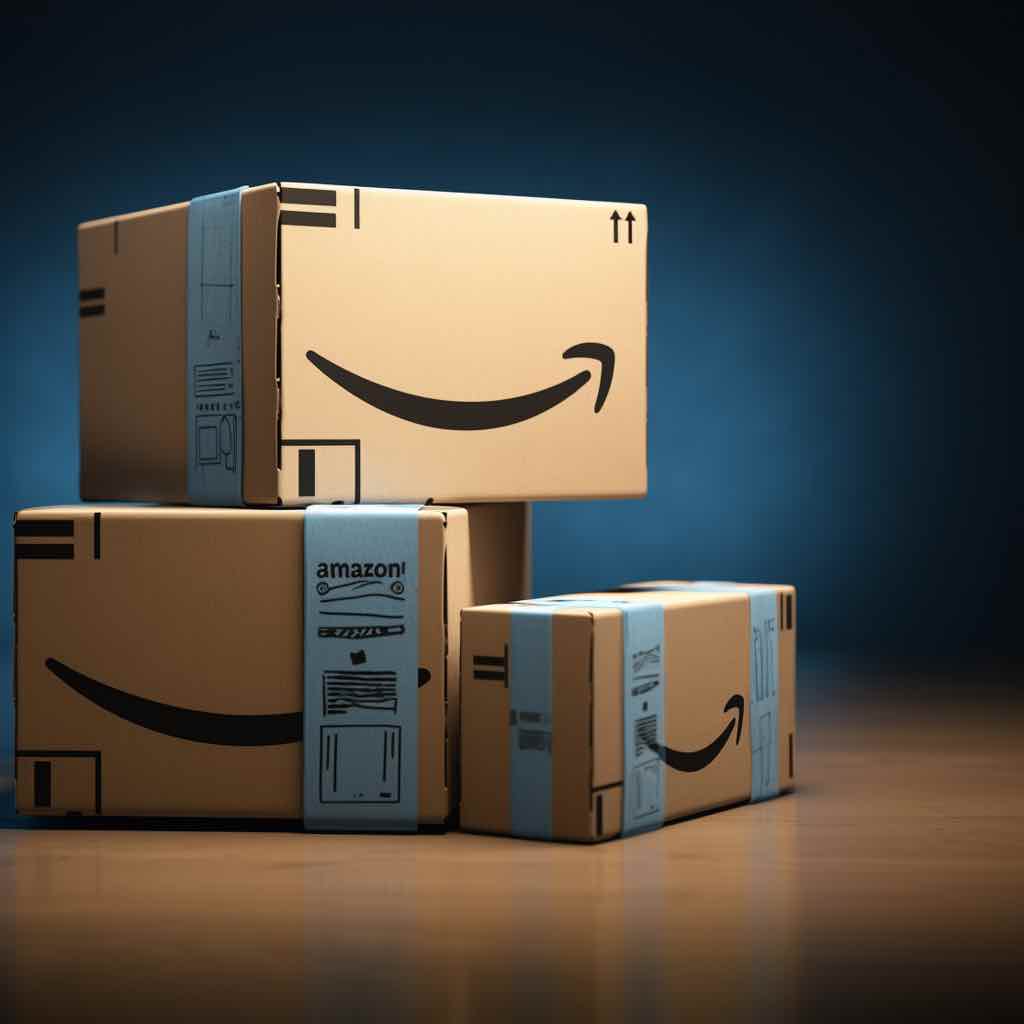Amazon has two primary ways for brands to sell products on their platform (excluding Vendor Central). Many factors go into each business model, which can leave you confused as to which is the best for your unique scenario.
In this post, you will learn the differences between Amazon FBA vs. FBM so you can make an informed decision for your brand:
What Is Fulfillment by Amazon? (FBA)
Amazon FBA (Fulfillment by Amazon) is an e-commerce service offered by Amazon that handles order fulfillment, customer service, returns, and more for online retailers. It allows third-party sellers to store their products in Amazon's fulfillment centers across the country, and when a customer orders your product, Amazon picks, packs, and ships the items on your behalf. It also allows sellers to access Amazon’s coveted “Prime Shipping” status for all products enrolled in FBA. We tap into Amazon’s massive customer base and leverage its robust logistics network.
What Is Fulfillment by Merchant? (FBM)
Amazon Fulfilled by Merchant (FBM) is a program that allows third-party sellers to store and ship their products directly to customers through Amazon. FBM sellers list their products on Amazon and fulfill and ship orders, giving them control over the entire fulfillment process. Selling through FBM, you miss out on many perks received through FBA.
Selling On Amazon with FBA: Detailed Breakdown
Fulfillment by Amazon is the most popular method of selling on Amazon. Here is a detailed breakdown of all the advantages of this business model.
Amazon FBA Pros:
- Prime Eligible - All products that are part of FBA will be eligible for free Prime Shipping.
- Fulfillment Taken Care of - With FBA, you ship your products to Amazon’s warehouses. Amazon handles everything from pick, pack, and shipping, allowing you to focus on other aspects of your business.
- Prime Exclusive Discounts - Amazon allows you to offer exclusive discounts for Prime members only. These can be very useful around special occasions like the Holidays!
- Winning the Buy Box - Amazon will always favor the buy box to an FBA seller over an FBM seller if they compete to sell the same item. As the FBA seller, this means you will be the default buying option for potential customers.
- Returns - Much like how fulfillment is handled for you, so are returns.
- Multi-channel Fulfillment - When your SKUs are located at Amazon’s warehouses, you can manually ship single or multiple items to any specific address. You will just have to pay for the fulfillment cost.
- Customer Service - Amazon will handle some customer service efforts. Customers still have the option to reach out to you as the seller, but the more mundane tasks, such as order status, tracking, etc., are all handled by Amazon.
Amazon FBA Cons:
- Costs - The FBA fee, which is the cost to Amazon to have them pick, pack, and ship the item, can be costly and eat significantly into your margins. Especially if the item is heavy or oversized.
- Loss of Control - With FBA, you’re handing the reins to Amazon and trusting them to store and ship your products carefully.
Advantages of Selling With Amazon FBM
Amazon FBM Pros:
- Full Control - As the merchant, you are responsible for your inventory and fulfillment. This can be a decent option for some if you already have dialed-in systems and a 3PL warehouse.
- Save on Fees - Amazon charges sellers two primary fees: the Amazon referral fee and the Amazon fulfillment fee. As an FBM seller, you avoid the FBA fee and only have to deal with the referral fee, typically 15% of the sale.
- Potentially Best For Heavy/Large Items - Since the FBA fee directly correlates to your product's size and weight, some savvy sellers tend to lean toward the FBM route and save a boatload on costs.
Amazon FBM Cons:
The cons of FBM far outweigh the pros in most scenarios. You miss out on all of the benefits mentioned above of the FBA program, such as Prime shipping eligibility and buy box protection.
What’s Better? Amazon FBA vs. Amazon FBM
Amazon FBA is no doubt the flagship selling option for third-party Amazon sellers. You’re exposed to all the bells and whistles that allow us to leverage the power of this e-commerce giant to the fullest. You’re missing out on many perks if you opt for FBM. Amazon heavily incentivizes sellers to go the FBA route. Scaling the Amazon channel without using Fulfillment by Amazon is incredibly hard. Typically, it only makes sense to do Fulfilled by Merchant if you sell heavy and bulky items where the FBA fees do not make sense.
We Specialize in helping brands navigate through the challenges of Fulfillment by Amazon. Through our 13+ years of experience, we know what to look out for when scaling this channel.
See our brand case studies here.




